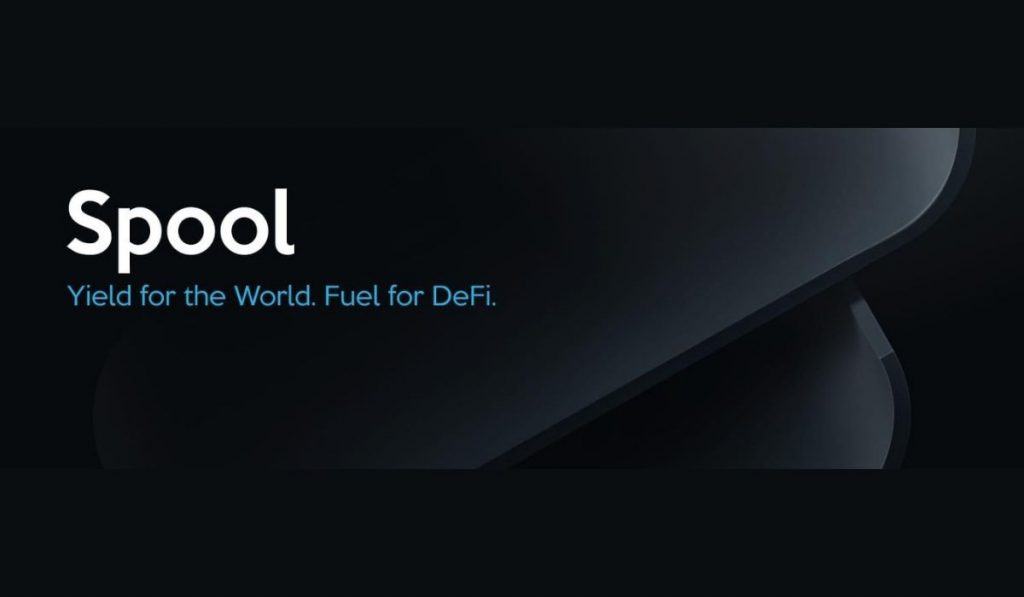Spool, a nascent DeFi protocol, has announced the date of its public sale of SPOOL tokens. This is the first public sale of the governance token of this platform. The sale of these tokens will be done through the Balancer Liquidity Bootstrapping protocol. What this does is that basically these governance tokens will be sold while some more are gradually added to the base tokens until they get to the desired ratio at end of the process. Only 5% of the total supply of the tokens will be available for this.
Stakeholders in the Spool DAO include well-known investment professionals in the crypto field. Some of these are GBV, Signum Capital, JRR, Digital Strategies, AU21, LD Capital, CMS, Fourth Revolution Capital, and DFG.
The Principal and Cofounder of CMS Holdings, Dan Matuszewski, said this about the platform and upcoming sale:
“I believe that Spool is positioning itself strategically as a really important middle-ware platform. As Defi continues to grow, middle layer projects will increasingly become important to customers, and Spool is well-positioned to lead in this pace.”
The co-founder of Genesis Block Ventures, Leslie Tam, said:
 
 
“The middleware solution offered by Spool allows users to create custom strategies that they can integrate into their DEfi platforms. As a company that is actively seeking to deepen Defi use, we see this as a platform that has been the “ missing link’ in the market and we definitely want to be actively involved with it”
Spool is a Defi middleware that can be connected to DeFi platforms using SDKs and help users customize their yield farming strategies to achieve an optimal output. It is the first yield farming tool on the market that enables users to achieve different yields based on their risk appetites. All this can be done via a single deposit. The user’s portfolio is automatically rebalanced to suit their risk tolerance.
Builders can also use the platform to create unique Defi products that can leverage the capabilities of the Spool back-end. These can then be traded to the public on secondary markets thereby reducing the barrier of entry to Defi products.


